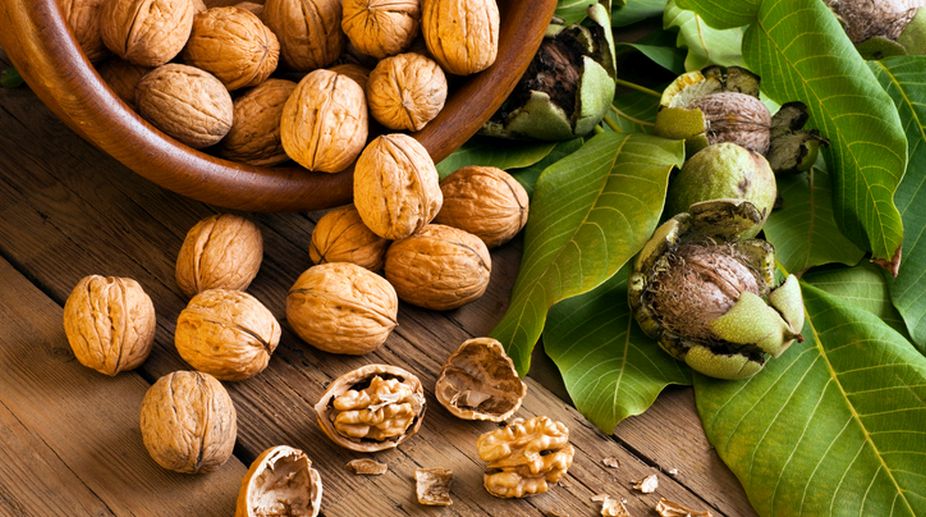Extensive efforts underway to prevent cancer: Saini
Haryana Chief Minister Nayab Singh Saini has said that cancer is a serious illness, but if its symptoms are detected early, treatment is possible.

(Photo: Getty Images)
Consuming food rich in omega fatty acids such as salmon, walnuts and chia seeds may help boost chances of surviving bowel cancer.
Researchers from University of Aberdeen in the UK found found that a higher proportion of omega-3 metabolising enzyme to omega-6 metabolising enzyme is associated with less spread of the tumour and a greater chance of survival for an individual patient.
Advertisement
Omega-3 and omega-6 fatty acids are polyunsaturated fats that are thought to have opposing effects on health.
Advertisement
Researchers looked specifically at the enzymes responsible for breaking down omega-3 and omega-6 fatty acids and their relationship with survival in bowel cancer.
“There is big variation in how people survive cancer of the large bowel and how they respond to treatment and we don't know what makes some people respond more favourably than others – this is what this research is trying to establish,” said Graeme Murray, professor at University of Aberdeen.
The molecules or 'metabolites' that arise from the breakdown of omega-3 – prevent tumour spread.
“We assume that with more of the enzyme that breaks down omega-3 there will be increased metabolites of omega-3, and this will limit tumour spread,” researchers said.
“The less a tumour has spread the better the outcome. The converse is true for omega-6 metabolising enzyme such that a higher proportion of omega-6 metabolising enzyme compared to omega-3 could lead to a worse outcome for the patient,” Murray said.
Researchers measured the proportion of the enzymes responsible for the metabolism of omega-3 and omega-6 fatty acids in tumours found in bowel cancer patients, and compared it to the patient's survival.
The study was published in the British Journal of Cancer.
Advertisement